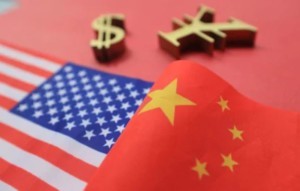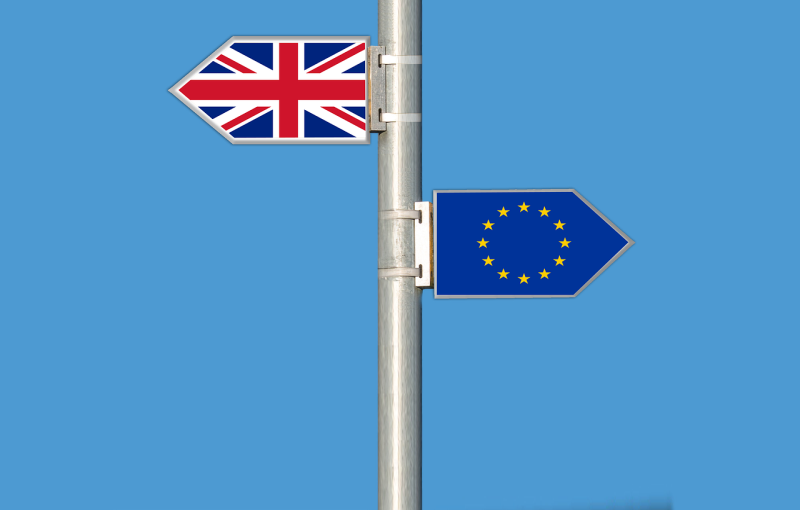Last week I had the opportunity to hear Dr. Ben Bernanke speak. As you likely know, he was the Chairman of the Federal Reserve during 2006-2014, and notably during the financial crisis ten years ago. I thought you might be interested in a summary of what he discussed.
First on the economy: The expansion is 10 years old and will likely be the longest in history. This period has also featured a global synchronized expansion the last two years. However, there are signs of slowing, especially in Europe, China and the emerging markets. In the US, there was a big boost in 2018 due to tax cuts and additional government spending; Bernanke believes this will be a small boost in 2019 and will actually be a drag starting in 2020.
Currently, the economy is in a Goldilocks scenario (i.e. “not too hot, not too cold”) of just over 2% inflation with low unemployment of 3.7%. As to when this will end, he said, “Expansions don’t die of old age, they get murdered.” So, what kills them? Historically, the Fed hikes rates enough, but the last three have been due to financial disruptions: the 1990 credit crunch, 1999 tech bubble and 2007 housing crisis. The underlying stability of the system “seems pretty good.” While there are no signs of imminent recession, he does see growth slowing in 2019 due to the hangover from the fiscal stimulus.
His thoughts on the Fed: “They are like a barefoot person walking through a dark room….moving very slowly.” He expects they are not concerned about inflation. He thinks the market rally on Jerome H. Powell’s comments regarding being close to the neutral rate was overdone. This is because (1) we don’t know exactly where it is but (2) it’s known to be between 2.5% and 3.5%. So, it shouldn’t have moved markets (or perhaps that helps explain the drop today). He thinks the Fed will raise rates in December and again in March but then pause, assuming inflation is not taking off. Watch for job growth to fall to around 100k per month from the current 200k. If that happens, the Fed is likely done for this cycle.
He then went on to discuss the actions of his Fed during the 2008 crisis. He defended the 0% rates and said it was a shame they couldn’t go lower, i.e. negative. He defended QE, noting other countries copied us. He did say the current Fed is unlikely to have enough room to cut rates during the next crisis, so he expects QE again someday in the future. But he said the recent actions of the Fed have changed the precedent of crisis response. It’s now aggressively cutting rates and then communicating openly how long they will be low rather than gradually lowering and seeing how the economy responds.
Finally, his long-term concerns involve the high debt levels because the tax cut was not needed and served to lower revenue below historic relative GDP levels. How, he wondered, will we fight the next crisis, fight the next war or pay for badly needed infrastructure? This is not a short-term concern, but the longer we go without addressing it, the worse it will be. His thoughts on tariffs are that they are short-term inflationary but that it is minimal as the longer-term impact is slowing the economy.



